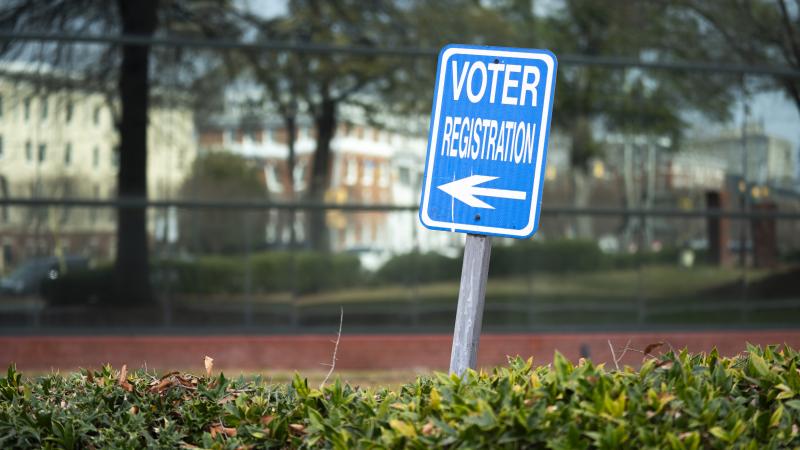Sorry? St. Louis prosecutor claims failures to release Greitens case records were 'mistakes'
Counsel for Circuit Attorney Kim Gardner's office tells appeals court that nonresponsiveness in open records suit — which trial judge blasted as "reckless, dilatory, and intentional" — was merely "negligence or inadvertence."
A Missouri appeals court panel on Tuesday heard oral arguments in Just the News CEO John Solomon's attempt to acquire documents from St. Louis Circuit Attorney Kim Gardner's office under so-called "Sunshine Laws" that legally entitle journalists access to government records.
The court proceeding follows an appeal by Gardner's office of a ruling by St. Louis Circuit Court Judge Christopher McCraugh that records pertaining to a 2018 investigation should be released to Solomon.
The veteran investigative reporter initially filed the records request in mid-2019, seeking correspondence between Gardner's office and billionaire political donor George Soros, two former state representatives, and Missouri Times Publisher Scott Faughn and others – all while the office was investigating then-Missouri GOP Gov. Eric Greitens.
Despite the state's Sunshine Law, the records were not produced, prompting Solomon to file suit in January 2020.
Dave Roland, an attorney for the plaintiff and director of litigation at the Freedom Center of Missouri, said that "over the intervening nine months (between the request and the filing of the suit), the circuit attorney had four concrete, unambiguous deadlines by which the office was required to file documents with the court ... and the office ignored every single one."
McGraugh entered a default judgement in Solomon's favor in July 2020, after Gardner's office failed to respond to the suit in a timely manner, which the judge ruled had been a "reckless, dilatory, and intentional refusal to timely file a responsive pleading."
During Tuesday's oral arguments, an attorney for the defense stated, "We apologize for the mistakes that were made in the handling of this case," arguing the failure to file a response in a timely fashion did not demonstrate a "pattern and practice of intentional conduct to impede the justice process," but rather made due to "negligence or inadvertence."
Roland argued the Circuit Attorney's Office was given ample time and sent three separate notices to file a response to the suit, notices which the plaintiff was not obligated to send, before failing to produce a timely response to the suit.
Furthermore, Roland argued, the trial judge found the representative for the Circuit Attorney's Office was "not credible" in her statements about why she was unable to file documents in an appropriate time frame, and deemed her actions to be "intentional and reckless."
Prior to a court recess, Roland made the case before the panel that it is not now the job of the court to "draw its own conclusions" about the ability and intent of the Circuit Attorney's Office to file appropriate legal paperwork, rather it is its job to "defer to the trial courts' determinations" about the "intentional and reckless" failure of the Circuit Attorney's Office to file documents in a way that moves the justice system along at pace.














